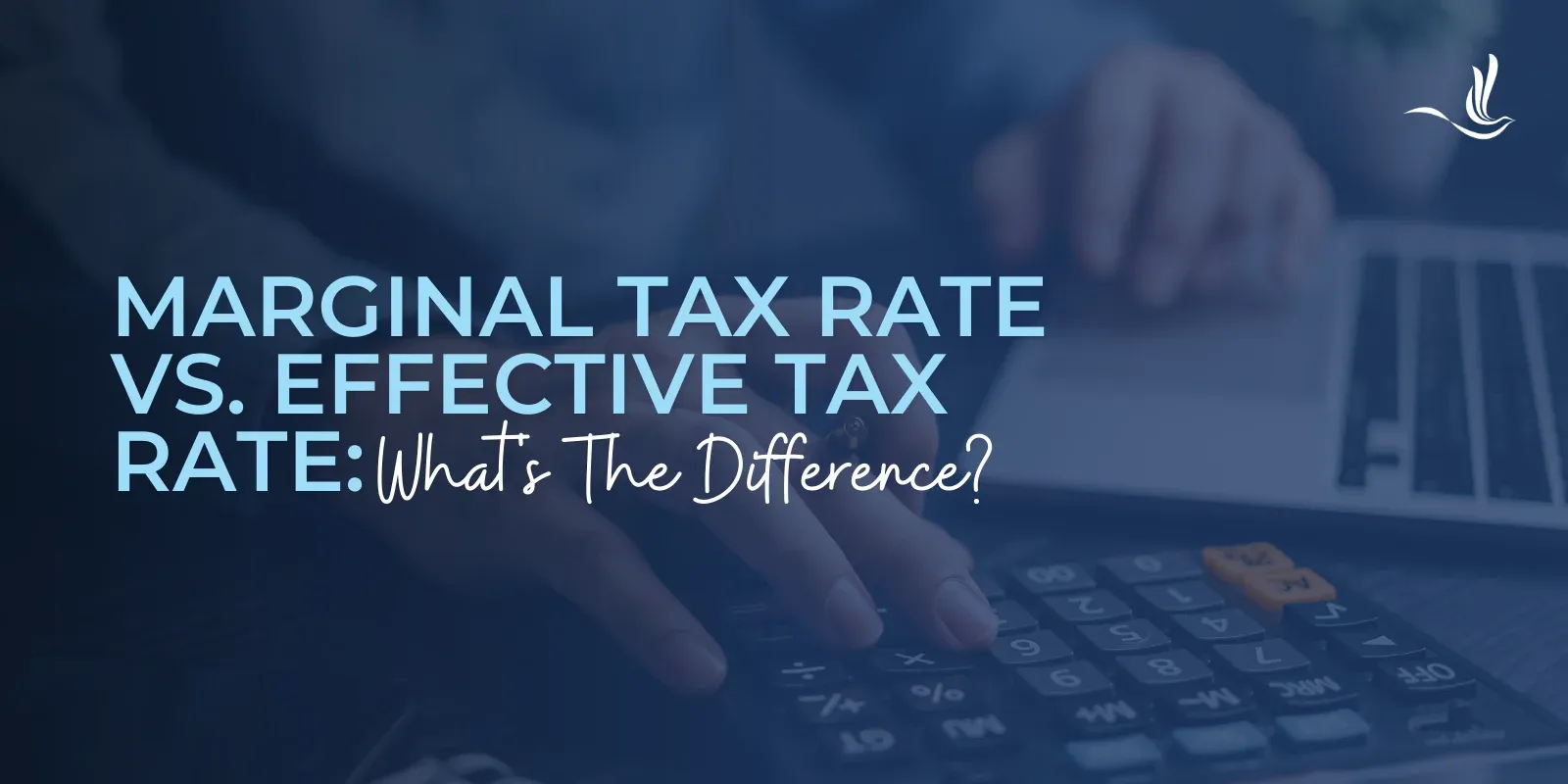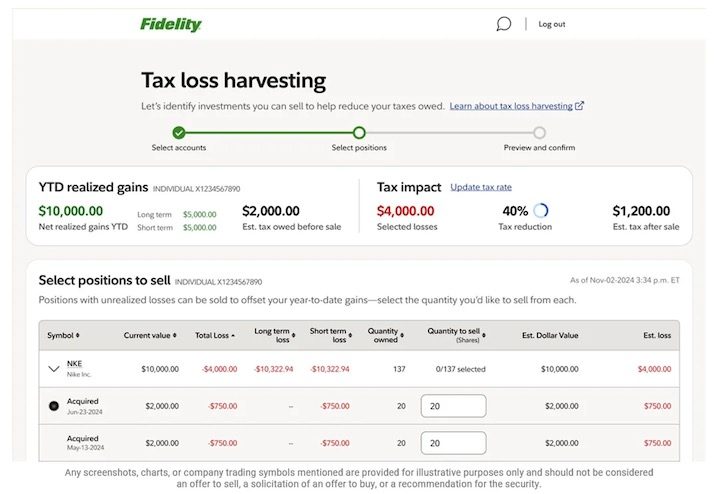In 2023, several content marketing trends are emerging that you should be aware of. AI-driven content creation offers efficiency, whereas real-time personalization can greatly boost user engagement. Short-form video content is gaining traction, and optimizing for voice search is becoming crucial for visibility. Furthermore, user-generated content builds trust, and collaborating with micro-influencers can extend your reach. Comprehending these trends will help you adapt your strategies effectively. What else should you consider to stay ahead?
Key Takeaways
- AI and Automation: Utilize AI tools for efficient content creation while ensuring human review for quality and brand voice consistency.
- Personalization: Implement real-time personalization strategies to enhance user engagement and drive revenue growth through customized content.
- Video Content Dominance: Focus on short-form videos, as they yield higher engagement rates and cater to consumer preference for quick, snackable content.
- Voice Search Optimization: Optimize content for voice search by using long-tail keywords and conversational language to meet changing user search behaviors.
- User-Generated Content: Leverage UGC and influencer collaborations to enhance authenticity, trust, and engagement, significantly impacting purchasing decisions.
AI Content Creation and Automation
AI content creation and automation are transforming the environment of digital marketing.
With tools like ChatGPT and Jasper, you can generate large volumes of b2b content creation quickly while maintaining your brand’s voice through customized training.
Nevertheless, human review is still vital to guarantee quality and authenticity, especially since 93% of marketers prioritize first-party data for effective campaigns.
AI allows for the rapid repurposing of existing content into various formats, boosting productivity and maximizing content value. As marketing budgets tighten, these AI capabilities become fundamental, helping streamline processes and improve content production.
Real-Time Personalization Strategies
How can brands effectively connect with consumers in today’s fast-paced digital environment? Real-time personalization strategies are vital.
By leveraging user behavior and interactions, you can dynamically customize content, boosting engagement rates by 20% compared to static methods. Tools like Bloomreach and Segment enable marketers to implement zero-data personalization, creating personalized experiences without extensive data collection.
With 91% of consumers more likely to shop with brands that offer customized recommendations, adopting real-time approaches is critical for driving sales. Implementing tracking mechanisms for user behavior allows for immediate content adjustments, enhancing marketing message relevance.
This data-driven personalization can lead to a 10-20% increase in revenue growth, making it a fundamental component of your b2b content marketing strategy.
Short-Form and Video Content Dominance
In a setting where real-time personalization strategies are reshaping consumer engagement, short-form video content has emerged as a potent tool for brands aiming to capture attention quickly.
With 85% of viewers preferring videos under 15 seconds, this format achieves 2.5 times higher engagement rates than longer content.
For b2b content marketing, embracing snackable videos is vital, as it meets consumers’ fast-paced consumption habits through quick, creative storytelling.
Brands that invest in high-quality video production and repurpose existing content across various channels can greatly improve their reach.
Moreover, live streaming encourages authenticity and real-time interaction, building consumer trust.
Prioritizing short, engaging videos is critical for companies looking to capture and retain audience attention, ultimately driving higher conversion rates.
Human-Centered User-Generated Content
Human-centered user-generated content (UGC) is reshaping how brands connect with consumers by emphasizing authenticity.
You’re likely to trust recommendations from peers over traditional ads, as 79% of people say UGC boosts their confidence in a brand.
Authenticity Drives Engagement
Although many brands rely on polished advertising to drive engagement, authenticity has emerged as a crucial factor in capturing consumer attention.
With 79% of consumers saying user-generated content (UGC) influences their purchasing decisions more than traditional advertising, it’s clear that real experiences matter.
Here are three reasons why you should prioritize authenticity in your b2b content marketing tactics:
- UGC campaigns can yield engagement rates 6.9 times higher than paid media.
- Collaborating with influencers improves perceived authenticity and broadens brand reach, as 91% of consumers trust peer recommendations.
- As skepticism regarding AI-generated content grows, 60% of consumers prefer brands showcasing genuine user experiences.
Peer Influence on Trust
As consumers navigate an increasingly crowded marketplace, the influence of peers has become a crucial factor in shaping their trust and buying decisions.
User-generated content (UGC) considerably impacts these decisions, with 79% of people stating it affects their purchases, making it a essential aspect of your b2b content strategy. UGC outperforms traditional advertising, generating engagement rates 6.9 times higher, as brands using it see a 20% increase in ROI.
Authenticity is key; 79% of consumers view UGC as more relatable and trustworthy. Collaborating with influencers can amplify this effect, as 60% of consumers trust their recommendations more than brand ads.
Interactive experiences and tools are reshaping the landscape of content marketing by considerably enhancing user engagement and interaction.
In the area of b2b content, these interactive formats not merely capture attention but additionally drive deeper connections.
Here are three effective strategies:
- Quizzes and Polls: These formats can increase user participation by up to 70%, making your content more engaging.
- Augmented Reality (AR): Incorporating AR can boost conversion rates by 94%, allowing users to visualize products in real-time.
- Gamification: Implementing game-like elements leads to a 34% increase in customer loyalty and retention.
Intentional Influencer Collaborations
In today’s marketing environment, intentional influencer collaborations are crucial for building authentic relationships with your audience.
By aligning brand values with the right influencers, you can co-create unique experiences that resonate deeply with consumers.
This approach not only improves your brand’s storytelling but also nurtures trust, making it important for effective engagement in a discerning market.
Building Authentic Relationships
Building authentic relationships through intentional influencer collaborations is becoming essential for brands aiming to connect with their audience effectively.
To maximize the impact of these partnerships, consider the following strategies:
- Choose the Right Influencers: Focus on micro and nano-influencers who share your brand values and have engaged audiences.
- Leverage User-Generated Content: Encourage your audience to create content that showcases their experiences with your brand, enhancing trust and engagement.
- Prioritize Genuine Connections: Collaborate with influencers to co-create products or experiences that resonate with their followers, ensuring authenticity over mere reach.
In the domain of B to B content marketing, these intentional collaborations can drive meaningful connections, ultimately leading to increased trust and ROI for your brand.
Aligning Brand Values
Aligning brand values with those of influencers is vital in today’s content marketing environment, especially as consumers increasingly seek authenticity in the brands they support.
[embed]https://www.youtube.com/watch?v=0sXYuIHPVik[/embed]
Intentional influencer collaborations can greatly improve your B2B marketing efforts. By partnering with micro and nano-influencers, you can tap into their engaged audiences, nurturing trust and loyalty.
Effective collaborations often involve co-creating content that reflects shared values, which not only deepens your connection with consumers but also drives higher engagement rates.
In addition, showcasing your commitment to social causes through these partnerships resonates deeply with audiences, as 83% believe brands should take a stand.
In a setting where 64% of consumers have purchased through social media, aligning values is vital for successful marketing strategies.
Co-Creating Unique Experiences
Although many brands still rely on traditional marketing strategies, co-creating unique experiences through intentional influencer collaborations is proving to be a potent alternative.
[embed]https://www.youtube.com/watch?v=MD5-HByRxoA[/embed]
This approach not only improves authenticity but also builds genuine connections with audiences, aligning well with current b2b trends.
Here are three key benefits of this strategy:
- Higher Engagement Rates: Micro and nano-influencers often yield better engagement, nurturing trust among their followers.
- Increased Sales: With 64% of consumers purchasing via social media, influencer partnerships can greatly drive sales and product discovery.
- Long-lasting Relationships: Campaigns that resonate with brand values encourage loyalty and enduring customer connections.
Voice Search Optimization and SEO Strategies
As voice search becomes an integral part of how people interact with technology, optimizing your content for this trend is vital to stay competitive.
With a significant rise in question-based searches, focusing on conversational content is fundamental. Here’s a quick overview of strategies you should implement:
Strategy Importance Tools to Use Optimize for Long-Tail Keywords Increases visibility in voice searches SEMrush‘s Voice Search Report Prioritize Mobile-Friendliness Guarantees quick loading for immediate answers Clearscope Understand Search Intent Aligns content with user expectations Google AnalyticsFrequently Asked Questions
What’s Trending in Content Marketing?
Right now, content marketing’s trending in the direction of hyper-personalization, as consumers prefer customized experiences.
Short-form videos dominate platforms, capturing viewers’ attention more effectively than longer formats.
Interactive content like quizzes improves engagement, making Quizzes more memorable.
Furthermore, marketers increasingly partner with micro-influencers for authentic connections.
Finally, first-party data is essential, especially with the decline of third-party cookies, as it helps personalize content and elevate overall marketing strategies.
Stay informed to leverage these trends effectively.
What Are the 5 C’s of Content Creation?
The 5 C’s of content creation are Clarity, Consistency, Creativity, Connectivity, and Context.
Clarity guarantees your message is easily understood, whereas Consistency builds brand recognition across platforms.
Creativity allows your content to stand out and engage audiences, and Connectivity nurtures relationships and community with your audience.
Finally, Context helps tailor your message to resonate with your target demographic.
[embed]https://www.youtube.com/watch?v=iiDYFRQpHE0[/embed]
Together, these elements improve the effectiveness of your content marketing efforts.
What Are the Future of Content Marketing Trends to Watch in 2025?
In 2025, expect content marketing to heavily feature AI-driven hyper-personalization, enhancing consumer engagement.
You’ll likely see a significant rise in programmatic advertising, boosting ROI for marketers using these technologies.
Furthermore, immersive tech like AR and VR will redefine customer interactions, potentially increasing conversion rates.
As third-party cookies fade, first-party data collection will become essential.
Finally, video content, especially short-form and live videos, will remain a top choice for engaging consumers effectively.
What Are the Top 3 Trends and Challenges Impacting Digital Advertising Platforms?
The top three trends impacting digital advertising platforms include the rise of AI-driven programmatic advertising, which improves targeting and optimization; the shift in the direction of first-party data collection, essential as third-party cookies decline; and the growth of social commerce, integrating e-commerce features into advertising strategies.
Challenges arise from increasing data privacy concerns, necessitating compliance with regulations like GDPR, and the difficulty in achieving hyper-personalization, as many campaigns still lack customized offerings in spite of consumer demand.
Conclusion
https://elements.envato.com/photos/content+marketing+ideas
To stay ahead in content marketing, it’s crucial to embrace these seven trends. AI-driven tools can streamline content creation, whereas real-time personalization boosts user engagement. Short-form video continues to captivate audiences, and user-generated content builds trust. Focusing on interactive experiences improves brand connection, and collaborating with micro-influencers can expand your reach.
Finally, optimizing for voice search is necessary for improved visibility. By adapting to these trends, you can guarantee your marketing strategies remain relevant and effective.
Image via Envanto
Disclaimer: This story is auto-aggregated by a computer program and has not been created or edited by finopulse.
Publisher: Source link








